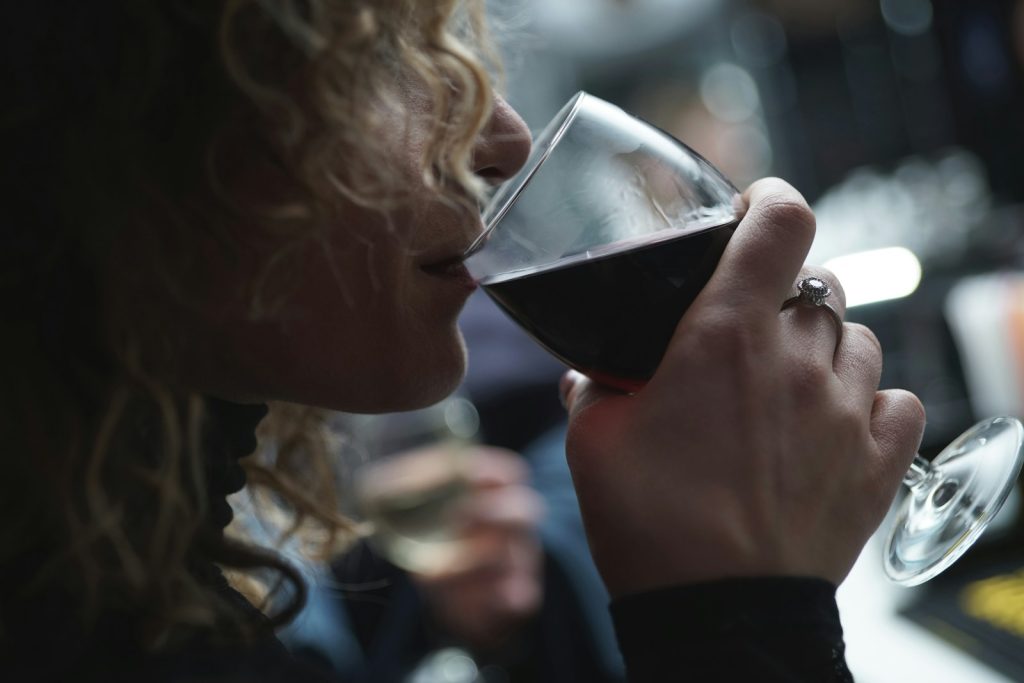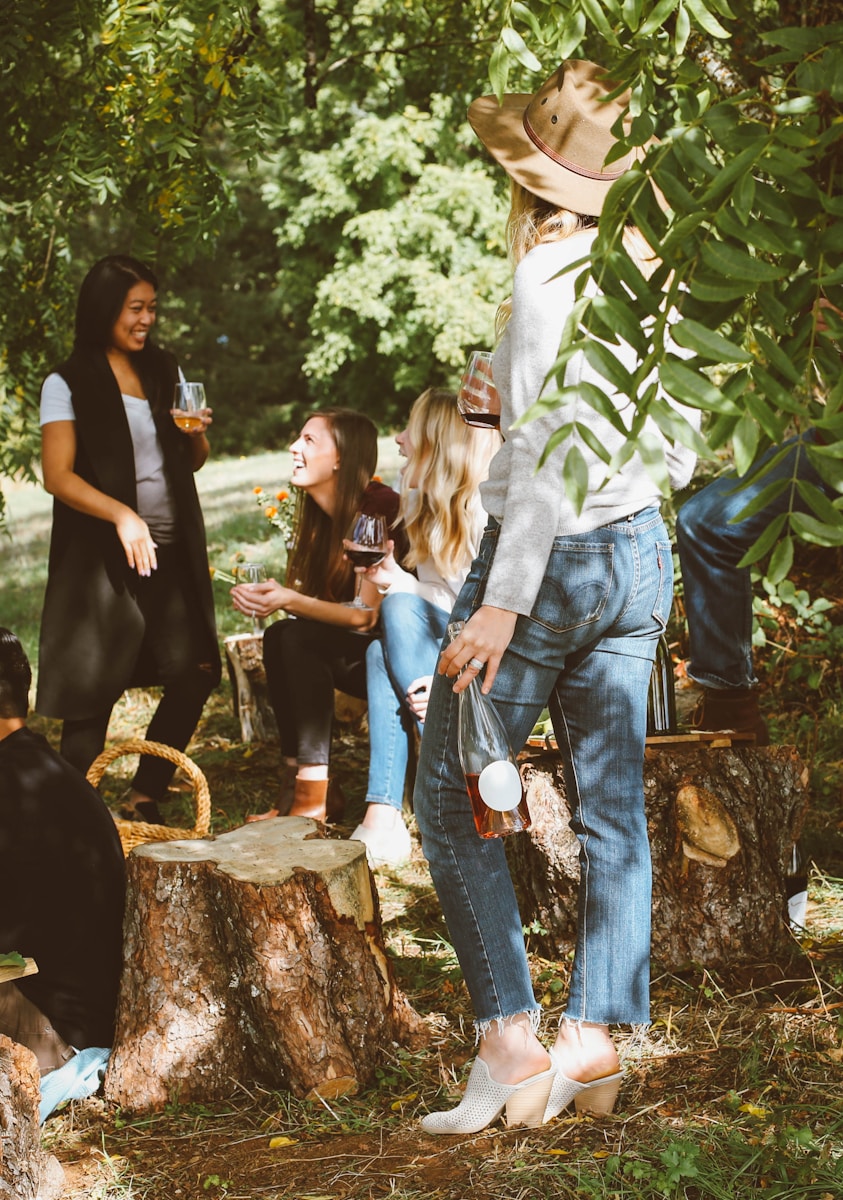How I plan to become a wine connoisseur in 2025
I’ve always been fascinated by wine connoisseurs, sommeliers, and other experts, basically people who can swirl a glass, take a thoughtful sip, and tell you not just what grape they’re tasting, but what hillside it grew on. One of my goals is to become more than a mere consumer of wine. I would love to be a bona fide connoisseur, especially in my quest to become fluent in the French language. Not that French is synonymous with wine—well, it kind of is—but pairing these two pursuits feels natural and enjoyable.
What makes a connoisseur
“Connoisseur” remains one of my favorite words. It rolls off the tongue with authority, yet without pretension. The term comes from the Old French word “conoisseor,” meaning “one who knows.” A wine connoisseur is someone with extensive knowledge about wine production, regions, varietals, and tasting notes—but I think it’s more than memorizing facts.
True wine connoisseurs develop a refined palate through extensive tasting experience. They understand not just what they’re drinking, but why certain wines taste the way they do. They recognize quality and can articulate what makes a particular bottle special without needing a 100-point scoring system as a crutch.

My process for becoming a connoisseur
After reading the work of several wine professionals and researching extensively, I’ve developed a straightforward approach:
Start with structured wine tastings
Rather than drinking randomly, I’m organizing tastings around themes and comparing the same grape from different regions or exploring various styles from a single producer. I would love to use this as a way to build a foundation of reference points.
Take actual wine notes
Memory fades, especially after a few glasses. I’ll keep a simple wine journal detailing what I drink, my impressions, and context like what we ate alongside it. I want these notes to create a personal wine roadmap I can reference later.
Read wine writing
I had one of Hugh Johnson’s original books and gave it away a while ago. ‘Eye roll’ I can overindulge on buying books that sit on my shelf for years before I read so I’m going with a combo of wine expert newsletters and limiting myself to 1 physical wine book.
Connect with local wine retailers
Finding a good wine shop with passionate staff is invaluable. I would love to get to know more of the wine community where I live. I feel that I’d be remiss in my journey to become a true wine connoisseur if I did not connect with local wine folks.
Connoisseurs vs sommeliers
People often confuse these terms, but they represent different paths. Sommeliers are wine professionals. They undergo rigorous formal training and certification programs focusing on service, food pairing, and wine selection.
Connoisseurs, on the other hand, develop their expertise through personal study and experience. While sommeliers must master the business of wine, connoisseurs pursue wine knowledge for pleasure and personal enrichment.
Both paths require dedication, but becoming a connoisseur feels more aligned with my goals. I want to deepen my appreciation without necessarily making wine my profession.
How wine travel elevates the journey
Books and local tastings provide foundation knowledge, but nothing replaces the experience of standing in a wine store or vineyard, talking with wine sellers and winemakers, and understanding the complete context of what’s in your glass.
Wine travel adds several benefits to my education:
Terroir becomes tangible. Instead of reading about limestone soils or maritime influences, I can see, touch, and experience these elements firsthand. The abstract becomes concrete.
Cultural context emerges. Wine is deeply woven into local cuisine, traditions, and daily life. Traveling helps me understand why certain wines evolved in certain places.
Personal connections form. Meeting the families who’ve tended vines for generations transforms anonymous bottles into personal stories. These connections give deeper meaning to each glass.
3 tips for aspiring connoisseurs
Find or create a wine tasting group
Learning alongside others accelerates the process. Plus, sharing bottles makes exploring premium wines more affordable and fun.
Invest in proper glassware
Even one universal wine glass with proper shape and thin rim will dramatically improve your tasting experience, they say.
Trust your impressions
There’s no “right answer” in wine appreciation. Your perceptions are valid, even when they differ from the expert consensus.
My desire to become a connoisseur isn’t about impressing others with fancy terminology or collecting trophy bottles. I’d like to develop a more meaningful relationship with what’s in my glass and the cultures, places, and people behind it. That’s a pursuit worth raising a glass to.

